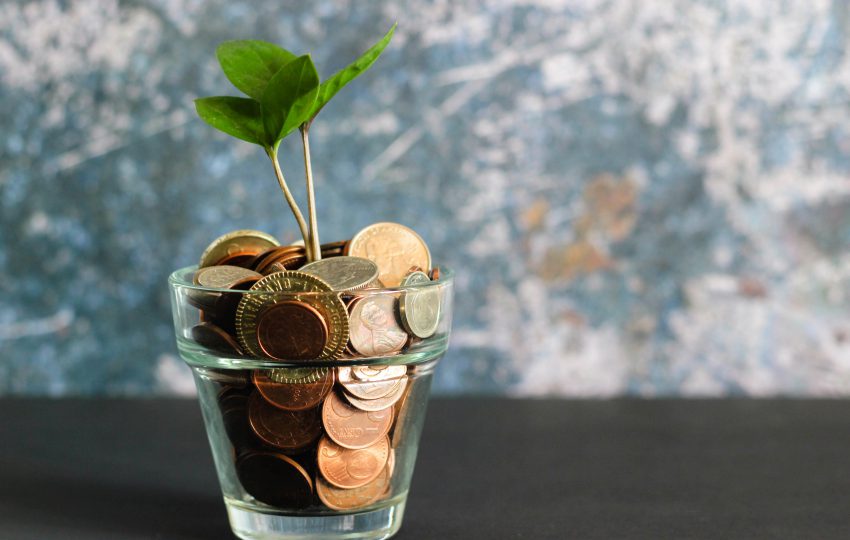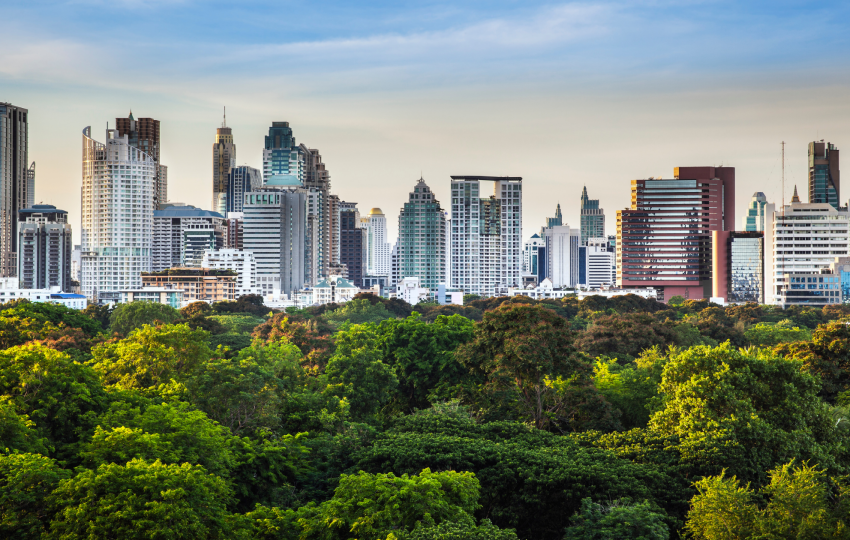Blog

How to cope with the crisis and build financial resilience during the pandemic
This, our third weekly blogs surrounding Coronavirus (Covid-19), will focus on resilience. As daily, we witness the scale of Covid-19, with no end in sight, although we know it will end, we explore the psychological implications affecting us all. Once again, we try to contextualise this regarding the economy, via the global workforce, our finances, and of course personally.
For the benefit of those new to our blog, The Wealth Consultant is a digital wealth platform helping clients to achieve financial peace of mind, a tall order in the current environment. However, it is at unprecedented times like these, not seen since the 2008 Global Financial crisis, and as some may argue not seen since WW2, that we must keep our head, or risk losing our mind, we must “Keep Calm and Carry On”. In the meantime, learn more about:
- what financial resilience is
- the impact of coronavirus pandemic on the labor market
- how to nurture financial resilience
What is financial resilience
In simple terms, resilience is the ability to mentally or emotionally cope with a crisis or to return to pre-crisis status quickly. Although, as we read daily about the alternative ways that we may choose to live our lives post COVID-19, I particularly like this modern definition of resilience, which I hope may appeal to some; “advancing despite adversity”.
Coronavirus pandemic and the labor market
One of BlackRock’s Investment Institute’s (BII) most recent insights, looks at how policymakers seek to curtail coronavirus jobs hit. As the number of unemployed surge due to coronavirus containment measures, BII has explored how the importance of a resilient workforce, will be crucial to how quickly economies can bounce back. Although they do not expect labour markets to return straight to their pre-shock rate once the coronavirus disruption starts to resolve. Read here
How to nurture financial resilience
We think about financial resilience for an individual in terms of the extent to which he or she will need to tap into household assets in a recessionary environment and in turn the declines in investment values that the individual and/or household will be able to tolerate.
This is where wealth protection comes into play by helping you secure your assets, so you can rest assured that your family’s wealth is protected in case of heartbreaking casualties.
AES Wealth’s, Founder and CEO, Sam Instone, has written an interesting piece, “11 positive things to do amidst the Covid-19 crisis”, which highlights several things you can do to make your wealth and your wellbeing more resilient. Of note, “take the advice of a fiduciary”, which I cannot agree with more, and will be covered in detail in next week’s blog. Read here
We have heard about the four-stage Coronavirus strategy the governments implemented “Contain, Delay, Research, Mitigate”, and only yesterday from Matt Hancock the “five-pillar” testing plan, however, what of Dr. Elisabeth Kubler-Ross’s five stages of grief?
Today we are all grieving the loss of our freedom, a predictable future, and the lives and roles left behind in our communal rush away from Coronavirus, Robert Weiss’s report look at each stage in the context of the pandemic facing us today. By understanding where we are on our own individual journeys through this grief, our ability to advance despite adversity potentially becomes clearer. Read here
Please do get in touch with your questions, which we will seek to address in subsequent blogs, or let us know how we can help you out by filling up this questionnaire. Let’s make your finances thrive!
Keep well, Keep Calm and Carry On.


